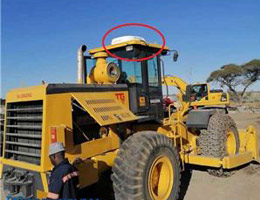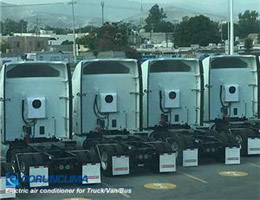When a compressor fails, it’s not as simple as just removing and replacing that part for a new one. The compressor is the only moving part in the A/C system and when a failure occurs, debris will be spread throughout the system. This is usually in the form of metal filings. Since the compressor is sending the liquid gas to the condenser, you can be sure your condenser is filled with the same debris, restricting flow and causing high pressures.
Leaving a system running with a contaminated condenser will cause excessive wear on a new compressor. This will lead to early compressor failure and re-work to fix your customers’ problem, yet again.
Replace, don't repair.
In the past, you may have been able to flush the system, but since the use of multi-flow condensers (now the most common condensers in modern vehicles), the only option is to replace, not repair. Multi-flow and parallel-flow condensers are constructed so that refrigerant flows into many of the tubes simultaneously. Usually about one third of the condenser or more. The tubes are extremely narrow, smaller than the tip of a pen and impossible to flush clean.
Can we prevent compressor failure?
Generally speaking, the compressor in a car air conditioning system will last the lifetime of the vehicle. This all depends on how well it has been looked after.
To ensure the compressor lasts 12 - 15 years with the vehicle, there are certain measures you can take. To prevent unnecessary failure, maintain correct oil levels and gas charge levels.
Early diagnoses is key.
The earlier you can diagnose and fix a compressor issue in the system, the less outlay for your customers and the quicker you can move on to the next job. you’ll need to actively maintain your air conditioning unit. One way you can do this is by regularly cleaning or replacing the air filter. By doing this, dust and air contaminants won’t force your compressor to compensate by working harder. Alternatively, you can also engage the high pressure switch; if your AC unit has this feature, that is. This will help prevent the compressor from overheating, especially during the summer when the unit works harder.




